In the intricate landscape of logistics and transportation, trailer containers serve as an indispensable part of freight management. Often referred to in various ways, they can be called shipping containers, cargo containers, or freight containers, but their functions remain pivotal in efficiently moving goods across distances. This article will delve into the various types of trailer containers, their purposes, and the nuances involved in their use, ultimately guiding industry stakeholders toward informed decisions.
What Are Trailer Containers?
Trailer containers are specialized containers designed for transporting goods via freight vehicles, ships, or even trains. Their standardization allows them to seamlessly fit onto different transport modes, enabling a smooth transition in the supply chain process. Predominantly made of steel or aluminum, these containers are engineered to endure varying environmental conditions, making them robust and dependable.
Types of Trailer Containers
Understanding the different types of trailer containers is crucial for selecting the right one for specific shipping needs:
| Type | Description | Use Cases |
|---|---|---|
| Standard Dry Container | Most common container, designed for non-perishable goods | General cargo transport |
| Reefer Container | Equipped with temperature control systems | Perishable items like food and pharmaceuticals |
| Flat Rack Container | Open container suitable for oversized cargo | Heavy machinery, vehicles, and large equipment |
| Open Top Container | Container with no top for taller and irregular shapes | Logs, machinery that cannot fit in a standard container |
| High Cube Container | Taller than standard containers, offering extra volume | Bulky items needing additional space |
| Specialized Containers | Designed for unique cargo requirements (e.g., tank containers for liquids) | Hazardous materials or specific industrial goods |
Each of these containers has its specific advantages, and the choice of container significantly affects shipping efficiency and costs.
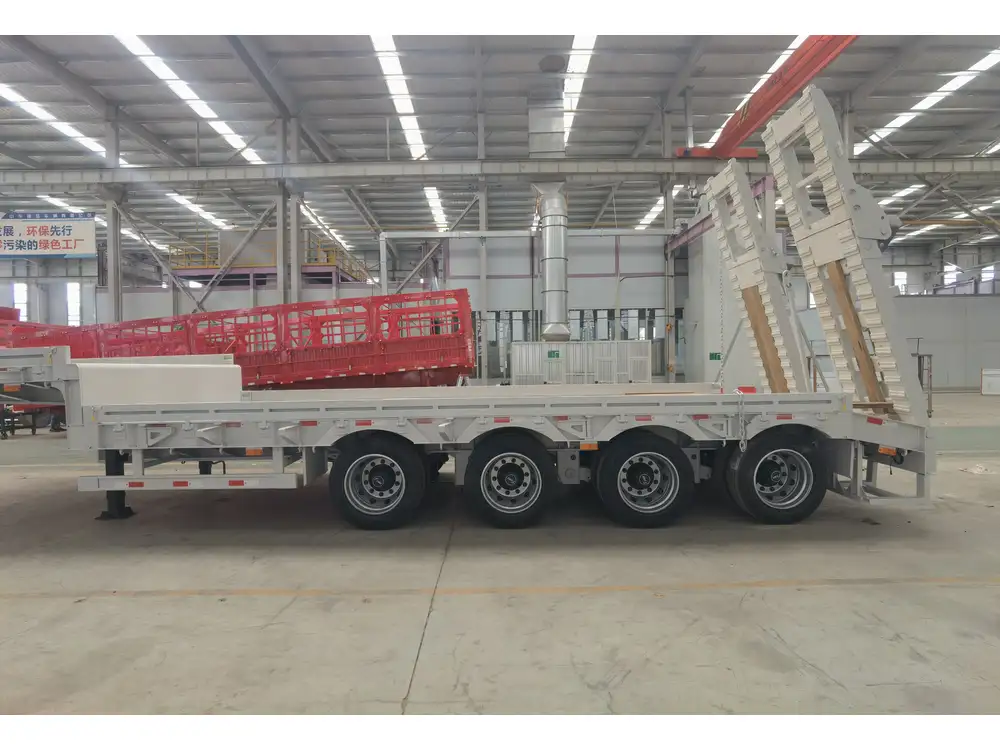
Why Are Trailer Containers Important?
1. Versatility and Standardization
Trailer containers revolutionized shipping by introducing standard sizes—most commonly, 20-foot and 40-foot containers. This standardization means they can easily be transferred between different transportation modes without needing to repack the contents, thus streamlining logistics.
2. Enhanced Security
Containers offer physical protection against theft and damage. The robust construction of trailer containers, combined with locking mechanisms, safeguards the goods from tampering and environmental hazards.
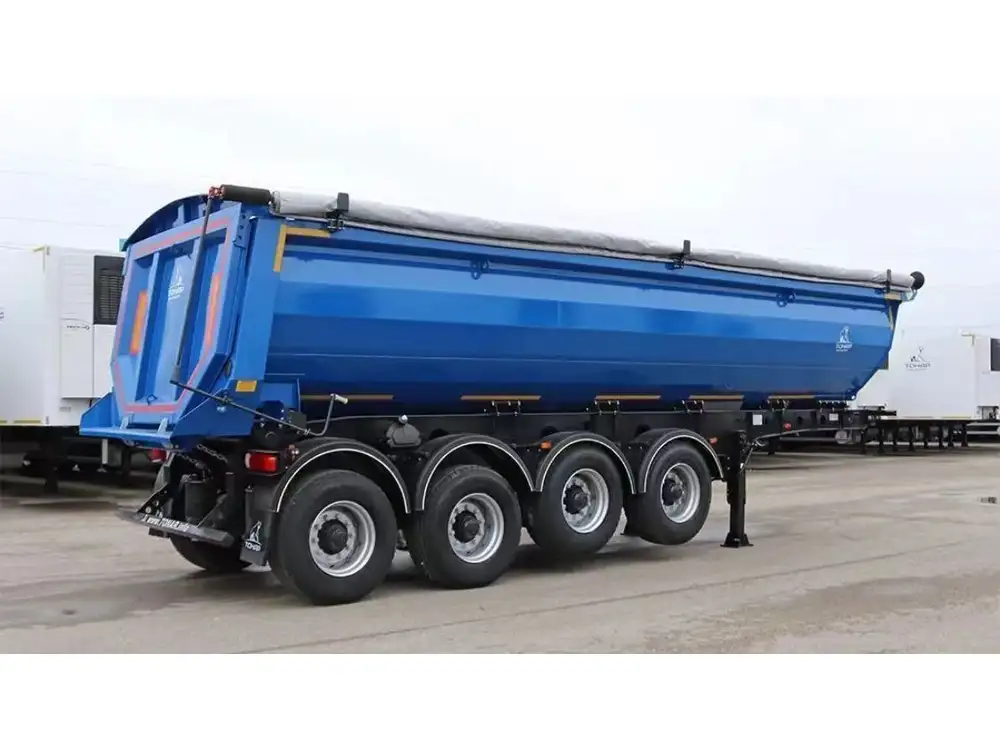
3. Cost-Effectiveness
Using trailer containers for shipping reduces transport costs significantly. They allow bulk shipping, minimizing packaging materials and facilitating easier handling at ports and depots.
4. Globalization of Trade
With the widespread adoption of standardized containers, businesses can engage in international trade with more ease than ever. Containerization has reduced the challenges associated with moving goods across borders, fostering a global marketplace.
Common Challenges with Trailer Containers
Despite their advantages, there are challenges associated with trailer containers that stakeholders must navigate:
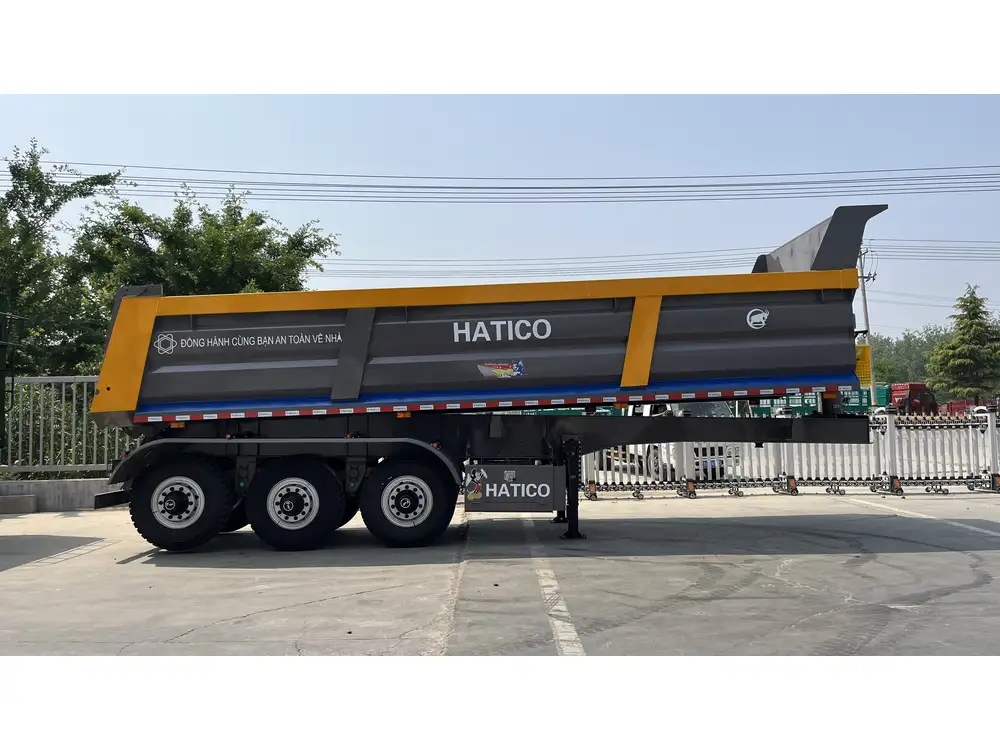
1. Maintenance and Repairs
Maintaining trailer containers involves regular inspections for rust, structural integrity, and functionality of locking mechanisms. Damage to a container can lead to delays and potential losses.
2. Regulations and Compliance
Different countries have varying regulations concerning container dimensions, weights, and cargo types, which can complicate international shipping. It’s crucial for manufacturers and shippers to stay compliant to avoid fines and shipment delays.
3. Limited Capacity for Certain Goods
While trailer containers are versatile, some products may require special containers (like tank containers for liquids) or conditions that standard trailers can’t accommodate. Identifying the right container type is essential for maintaining product safety.
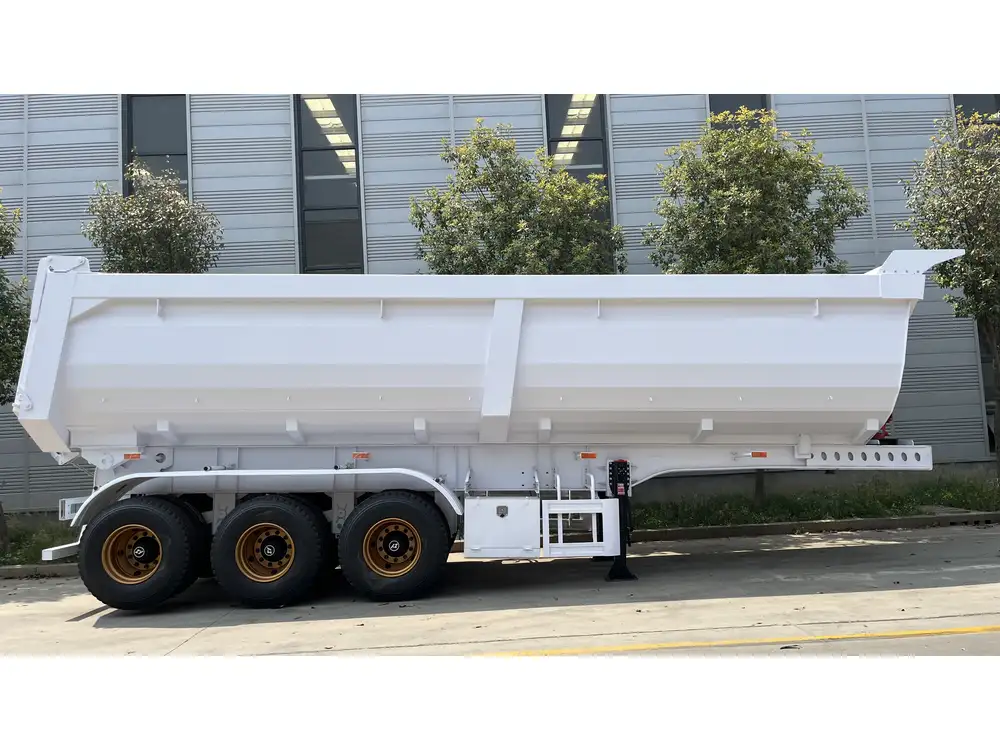
4. Environmental Impact
The environmental concerns associated with shipping, particularly with fuel consumption and emissions, are significant. Stakeholders in the industry are increasingly focusing on sustainability practices to mitigate these impacts.
Choosing the Right Trailer Container: Factors to Consider
Selecting the appropriate trailer container can significantly influence the success of shipping operations. Below are critical factors to consider:
1. Type of Cargo
The nature of goods being transported dictates container choice. Perishable items require reefer containers, while heavy or oversized loads often necessitate flat rack containers.
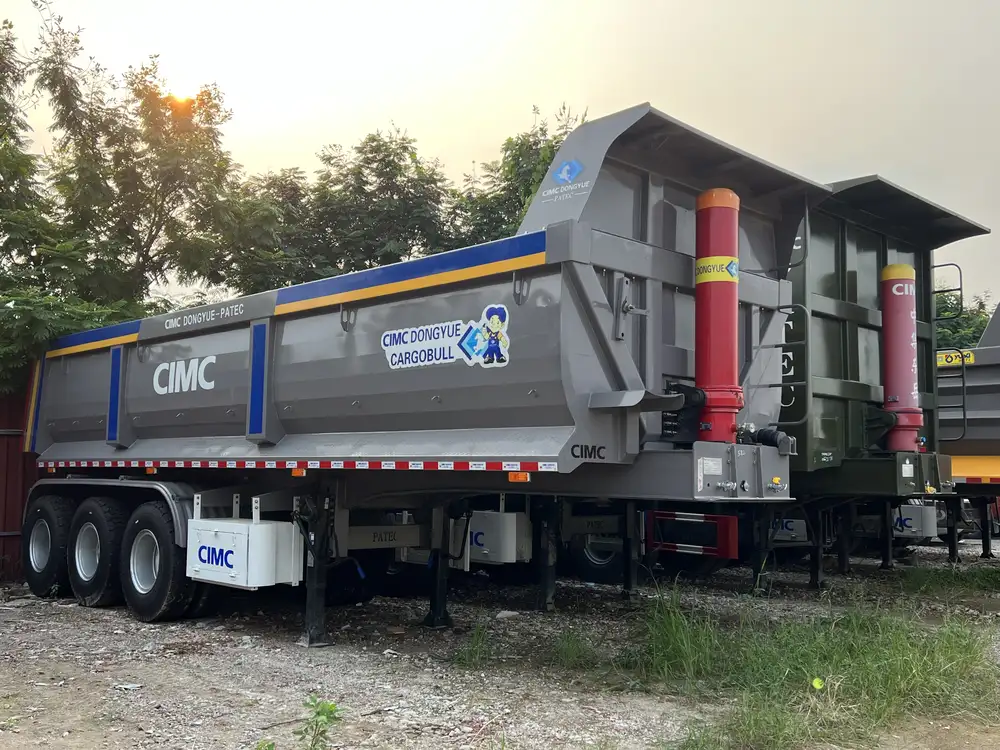
2. Transit Distance
The duration and route of transportation may influence container selection. Longer distances often favor containers that provide better protection and insulation against environmental factors.
3. Budget Constraints
Cost considerations are pivotal when selecting trailers. While opting for containers might initially seem economical, hidden costs in maintenance and deployment may impact the budget.
4. Compliance Requirements
Every region has its regulations. Ensuring that the trailer type complies with both local and international regulations saves businesses from legal hassles and helps maintain a good reputation.
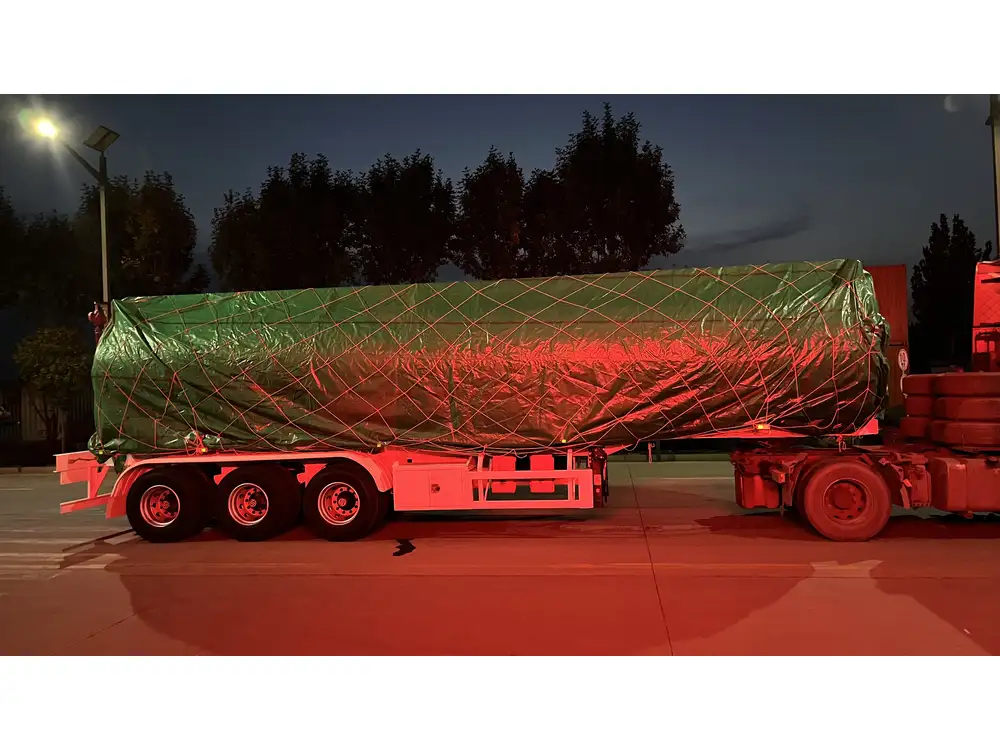
5. Availability and Supply
Market conditions fluctuate; thus, availability can vary. Having a reliable supplier that can meet your logistical demands promptly is crucial.
Optimizing Trailer Container Usage
Businesses looking to maximize the efficiencies of their trailer container fleets can employ several best practices:
Regular Maintenance Schedule
Implementing a proactive maintenance program helps extend the life of containers and prevents unexpected failures.

Staff Training
Educating staff on proper container handling and loading techniques enhances safety and reduces damage, ensuring that goods arrive at their destination intact.
Embrace Technology
Leveraging technology for inventory management and tracking installations, such as GPS and RFID systems, provides real-time insights into container locations and conditions. This enhances efficiency and decision-making processes.
Sustainability Practices
Adopting greener strategies, such as utilizing fuel-efficient transportation modes and eco-friendly container materials, can reduce the environmental footprint of logistics operations.
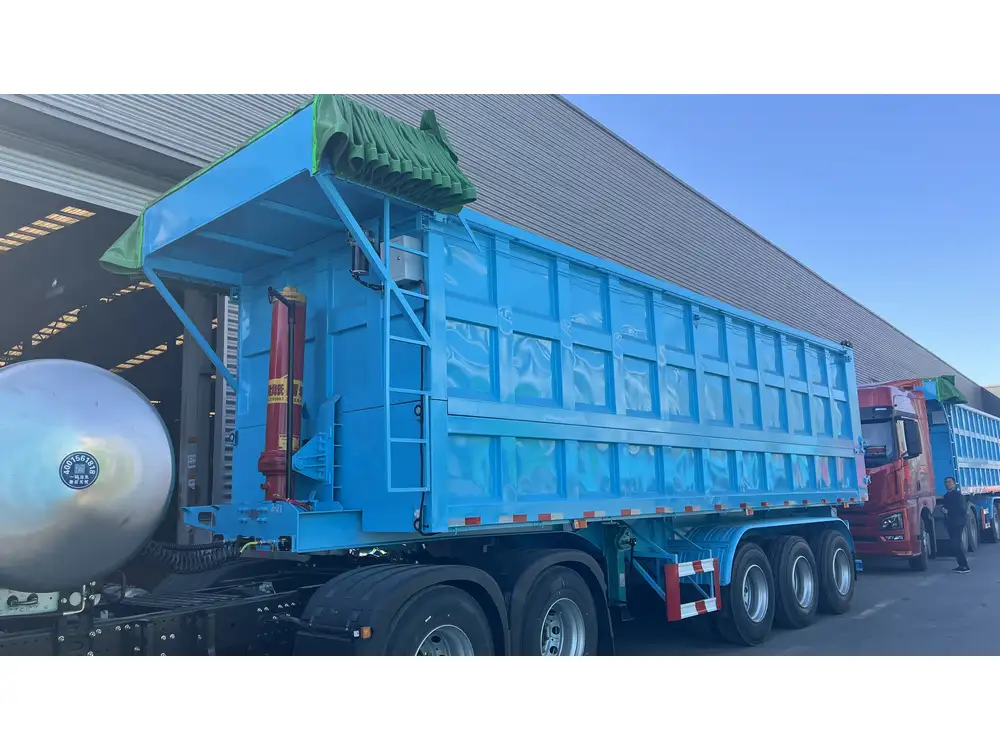
Future Trends in Trailer Containers
The logistics sector is constantly evolving, and trailer containers are no exception. Here are some upcoming trends to watch:
1. Automation and Smart Containers
The integration of technology in trailer containers, such as IoT sensors for monitoring conditions, can lead to smarter supply chain management and inventory tracking, paving the way for more automated operations.
2. Green Shipping Solutions
As sustainability becomes a priority, the emergence of containers made from sustainable materials and the deployment of energy-efficient shipping methods are likely to shape the container market.

3. Customization and Modular Designs
The trend toward customized containers will grow, providing tailored solutions that meet specific logistics needs, potentially enhancing operational efficiency.
4. Blockchain in Logistics
The adoption of blockchain technology can improve transparency and security in logistics, offering real-time tracking and verifiable transactions.
5. Improved Safety Features
With safety being paramount, the future may see the introduction of advanced locking systems and tracking technologies that reduce theft and damage.

Conclusion: The Evolution of Trailer Containers
Trailer containers have transformed the logistics and transportation industry, facilitating efficient global trade and enabling businesses to streamline operations. By understanding the different types of containers, their advantages and challenges, and how to optimize their use, manufacturers and shippers can navigate the complexities of freight management more effectively.
Emphasizing continuous improvements, embracing technological advancements, and adhering to sustainable practices will ensure that trailer containers remain a pivotal asset in the ever-evolving landscape of global supply chains. Every stakeholder in this sector must stay informed of trends and prepare to adapt, ensuring they remain competitive and capable in a rapidly changing market.
By tackling challenges head-on, employing best practices, and remaining vigilant to future developments, the world of trailer containers is poised for enhanced innovation and engagement, supporting the backbone of modern commerce.



